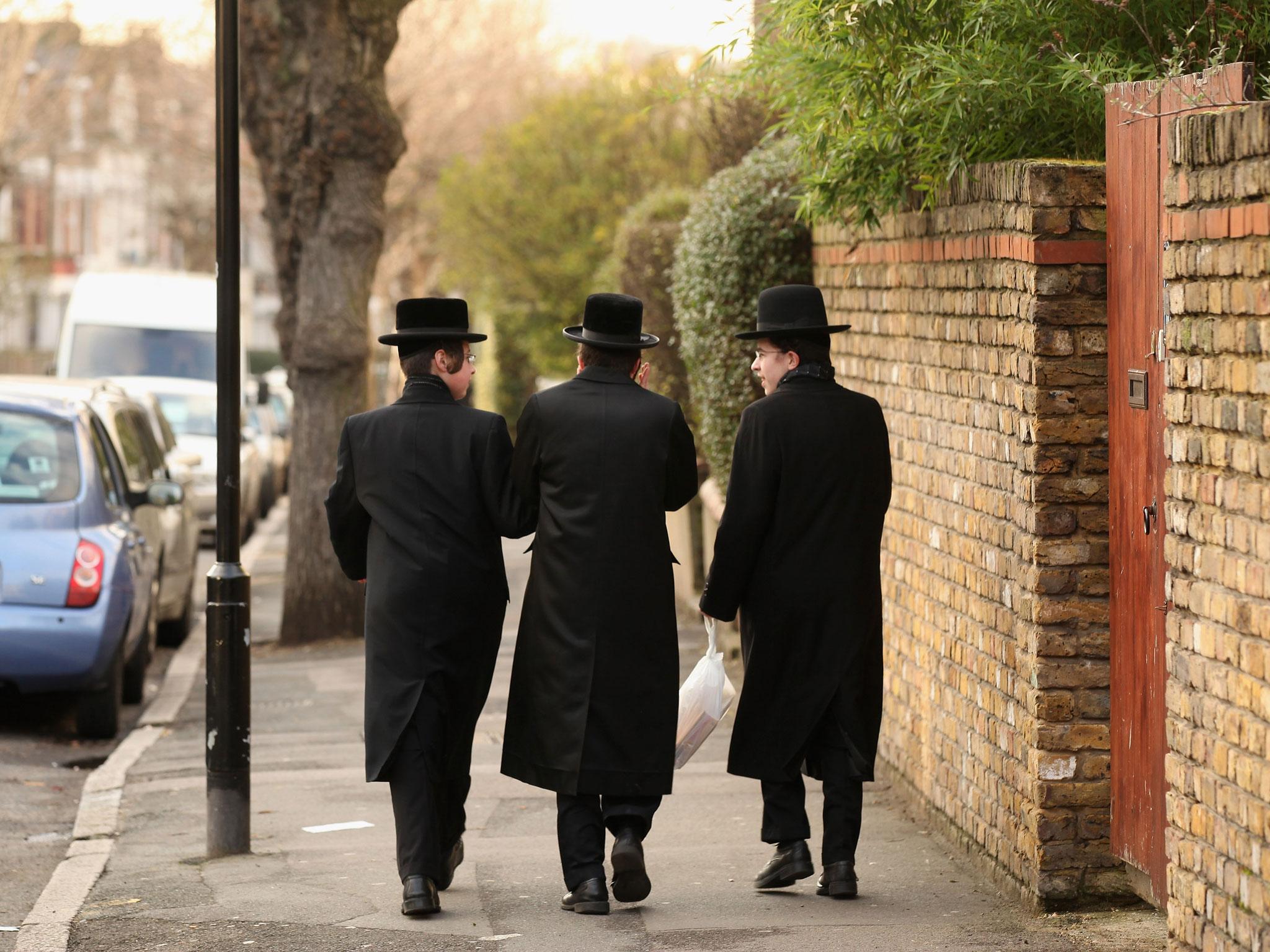It would have been a great year for Muslim-Jewish relations in the UK, if it wasn't for just a few elephants in the room...
Can you guess what they are?

If 2014 taught us anything about fostering warm relations between British Jews and Muslims, it was simply this: don't mention the war.
I've now mentioned it once, in the opening sentence, but I think I might have gotten away with it. So it’s all forgotten now and let’s hear no more about it.
Instead, let's discuss charitable initiatives; bang on about cross-cultural collaboration; chat about circumcision, faith schools, religious slaughter and other issues of common concern. But don’t, whatever you do, talk about Israel and the Palestinians. That thing in the room with a trunk, flappy ears: Qassam rockets, terror tunnels, illegal settlements, suicide bombs and unilateral statehood bids. But not a word. Shh.
Time and again, friendship between British Jews and Muslims is held to ransom by the plight of the Palestinians. There is no argument to persuade the other side. The differences are hardwired. When it comes to Gaza, one community’s moral high ground is often the other’s moral vacuum. One community’s evil psychopathic terrorist is another's legitimate freedom fighter – even when that legitimate freedom fighter fires rockets into Israel from schools and hospitals. (There I go again. You see the problem.)
Today, four months after the bloody 50-day conflict tore the two sides asunder, the UK’s 2.7m Muslims and 270,000 Jews are slowly repairing the damage, from the grassroots up. Last month’s Mitzvah Day, an annual Jewish celebration of good deeds, saw no less than 34 British mosques and synagogues team up for a record 54 interfaith projects.
In London, Brondesbury Park Synagogue members volunteered at Cricklewood Mosque’s soup kitchen; a synagogue and mosque in Ladbroke Grove collected food for a local women’s refuge; the Liberal Judaism movement held a Give Away Your Lunch project with the Islamic Cultural Centre in St John’s Wood; and New North London Synagogue planted trees in Heartwood Forest with the Ismaili community in East Finchley.
Elsewhere in the capital, Finchley Synagogue hosted the local Somali Bravanese community’s Eid celebration after its community centre was destroyed in an arson attack and Muswell Hill Synagogue won a cohesion award from The Islamic Society of Britain.
And, to top up all this timely goodwill, my newspaper hosted an interfaith reception at the House of Commons, with the Muslim Council of Britain (MCB) on the guest list.
Slowly but surely, British Jews and Muslims are looking eye-to-eye and seeing common ground where weeks ago there was only a gaping hole. Whisper it quietly, but you might even say they’re getting along.
It’s just what the doctor ordered after an annus horribilis that saw attacks on Jewish people and property hit an all-time high.
A report published last week by the Mayor’s Office for Policing and Crime showed the number of hate crimes in London rose by more than 20 percent in the 12 months to October, driven by events in Gaza. Some 302 anti-Semitic incidents were reported in July alone, at the height of the conflict – a year-on-year rise of more than 400 percent. Expect the worst numbers on record when annual figures are released next month. Although it's not just anti-Semitism that's on the up. The Mayor's report also shows a sharp rise in anti-Muslim incidents in the wake of the murder of soldier Lee Rigby in 2013, with individuals wearing traditional Islamic dress the most likely targets.
Had Israel and Hamas failed to agree to a fragile truce, tensions in the UK could have approached the terrifying levels witnessed in France, where Europe’s largest Muslim community is often violently opposed to the country’s Jews.
During the conflict, even well-meaning moves to bring British Jews and Muslims together spectacularly backfired. The Board of Deputies of British Jews and MCB, who severed ties several years ago over the MCB’s boycott of Holocaust Memorial Day, issued an unprecedented joint statement; speaking as one for the first time on that subject that dare not speak its name.
However, after vowing to work together and tackle discrimination, they only went and mentioned the war, declaring that “the targeting of civilians is completely unacceptable and against our religious traditions.”
Jews attacked the Board for appearing to suggest Israel targets civilians. The Board flatly denied anything of the sort, claiming it and the MCB were criticising Hamas. The MCB flatly denied anything of the sort and the entire joint statement soon became as popular as the proverbial pork chop at a barmitzvah.
British Jews and Muslims are, of course, entitled to opposing views on the rights and wrongs of the Israel-Palestinian conflict. But after a year in which relations between the two hit rock bottom, they are also duty bound to avoid another proxy war the next time solidarity in Middle England is held to ransom by the Middle East.
Sympathy for Jews or Muslims there cannot mutate into enmity towards Jews or Muslims here. That, surely, is one joint statement both sides can agree on.

Join our commenting forum
Join thought-provoking conversations, follow other Independent readers and see their replies